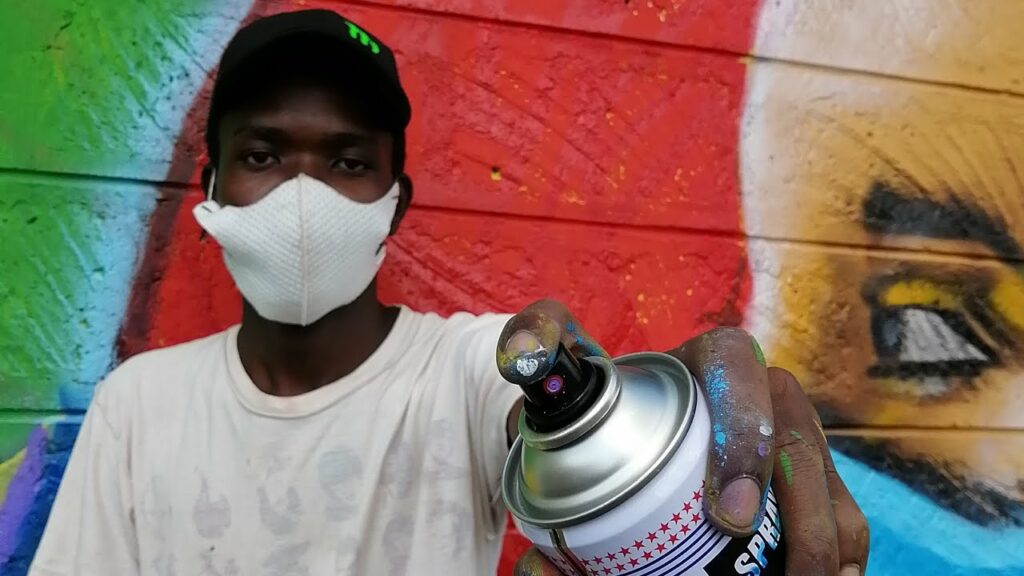
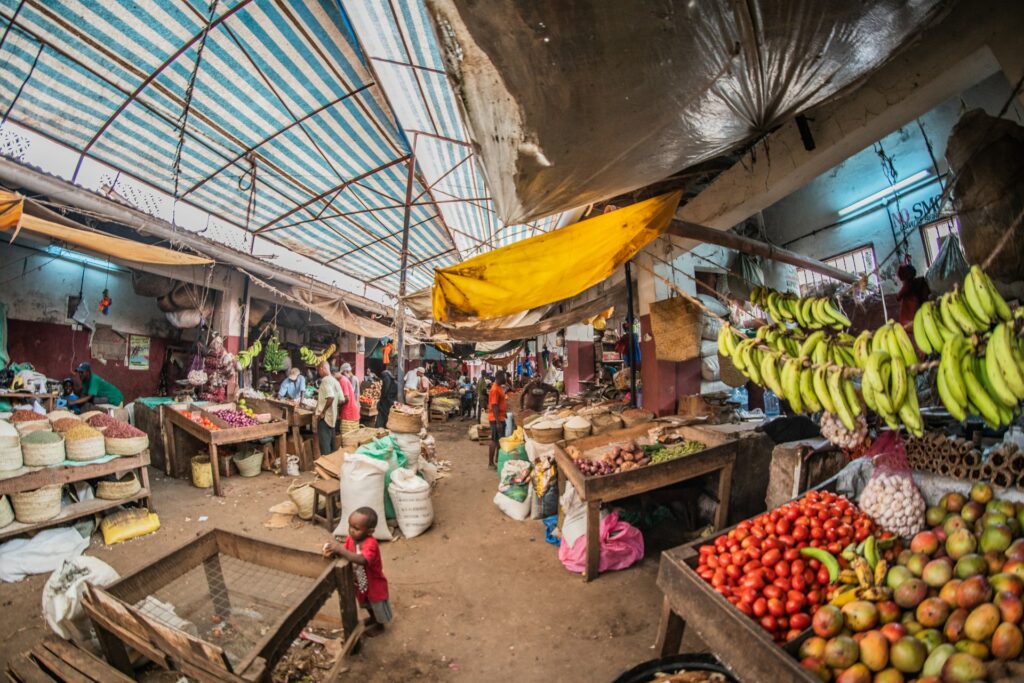
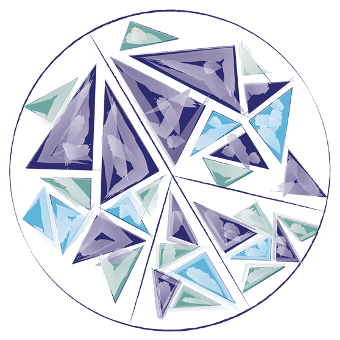
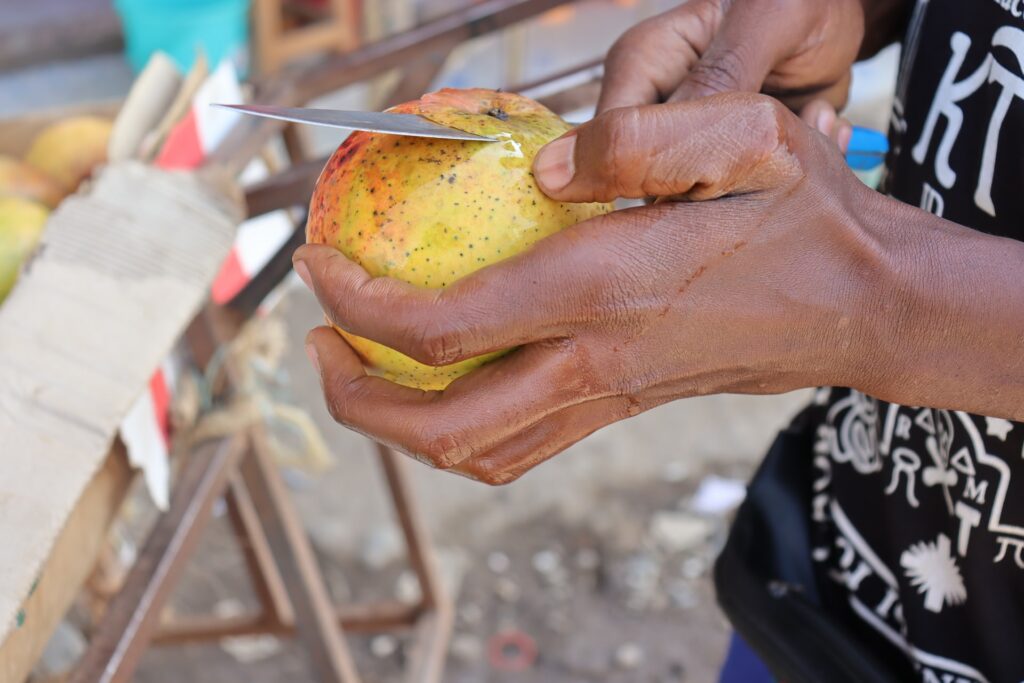
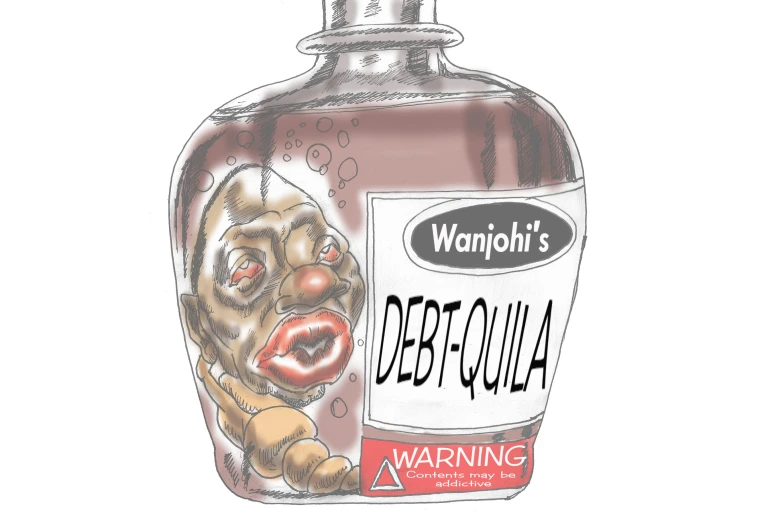
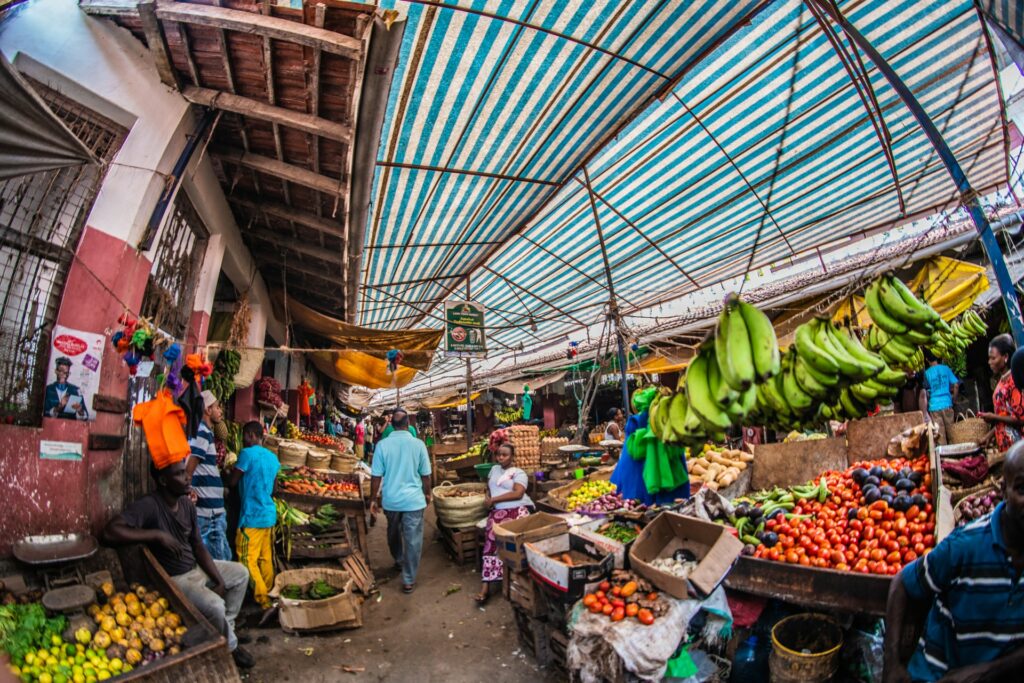
By its very nature, a pandemic is disruptive as it unsettles the normal, the known, and the comfortable. When COVID-19 marked its entry into Kenya in March 2020, it proceeded to disrupt different spheres of life. In this cluster, a cross-section of writers reflect on what COVID-19 awakened in daily life, and in matters of economy and trade, gender, health, and freedom of expression. Their reflections were captured in 2021 as the pandemic retained its hold on daily life.
Through their different perspectives, the contributors place at the center the ordinary citizen whose needs, concerns and experiences are often secondary or ignored compared to those of the powerful and elite. The contributors in this cluster observe that citizens have or find their own agency through working together, supporting one another, speaking openly and freely about their experiences, using resources available to them to meet their needs, and choosing their priorities.
Journalist Emmanuel Yegon, in his ‘A collage of resilience’, shows how citizens in low-income areas do not always need external material support, particularly when various individuals rally to support those around them.
Researchers Aurelia Munene and Angela Okune are members of the Research Data Share research collective, of which I am also a member. Munene reflects on articles she has posted on the collective’s online portal that show how aspects of gender have revealed themselves in portrayals of COVID-19. Okune discusses the formation of the group, whose members created a collection of COVID-19 artifacts. This activity contributed not only to the data artifacts but also to the members collaborating to discuss the values of ethical scholarship and the humanity of researchers and those they study.
Researcher John-Bell Okoye’s study of a fruit and vegetable market reveals how market traders rebounded from a technological setback. This arose after a government directive had discouraged the exchange of actual currency and encouraged mobile money transfer as a preventative measure against COVID-19.
Patrick Gathara, a cartoonist and writer, decries heavy-handed efforts by the government to limit citizens’ responses to the stress of daily living that came with the pandemic. He specifically focuses on satire in this piece, portraying it as a safety valve that, when suppressed, creates unintended, volatile consequences.
Health communication expert and activist, Oby Obyerodhyambo, shares two articles that address health and the economy. In ‘Why re-invent the wheel? We Have Been Here Before with HIV’, Obyerodhyambo recognizes certain patterns in the COVID-19 response with his work with HIV/AIDs. His aim is to show how we already knew enough about how to handle the communication around the pandemic. In ‘Is Universal Basic Income the answer to alleviating poverty?’ he discusses universal basic income as a human rights issue.
From these perspectives, COVID-19 has proven itself to be much more than a disruptor. Through government and citizen responses to the disease’s transmission and prevention, we see COVID-19 as a transformer and teacher, exposing the power and potential of citizen agency.
Acknowledgement: The texts in this cluster were edited by Faiza Masood.